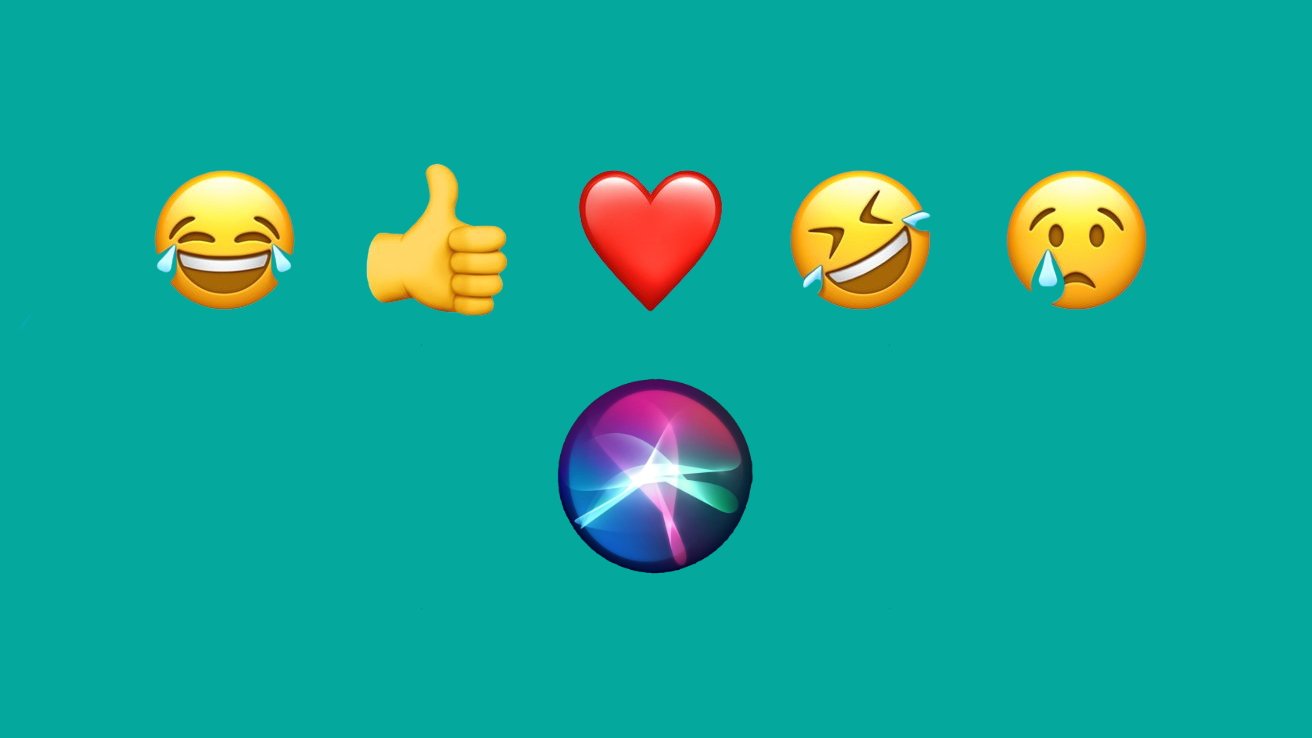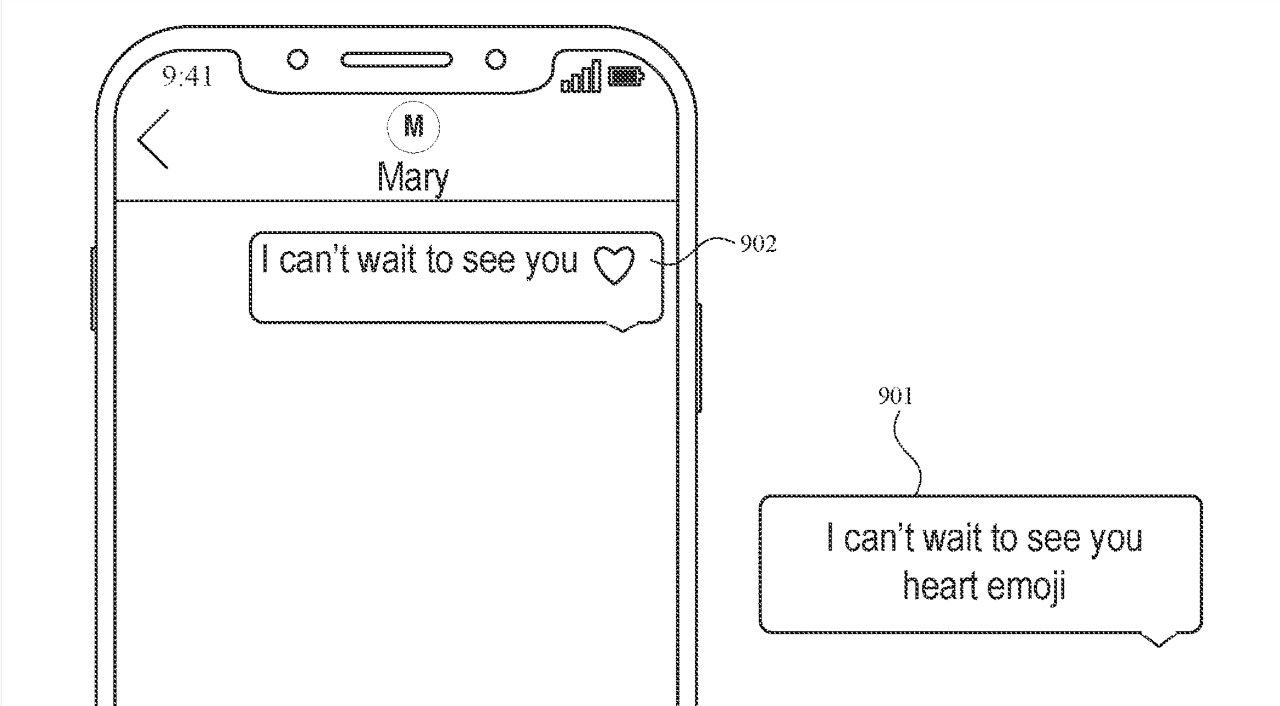
Apple wants to improve Messages dictation -- with an emoji twist
Apple research is focusing on how to further crack the surprisingly tricky business of turning the spoken word into emojis — and then adjusting that emoji to suit what a user’s message means.
Apparently there are times when words won’t do, yet a little round icon with what might be a smile, might be a frown, turns out to be exactly what you want to convey. This would be why there are so many classic songs written in the key of emoji.
But when you are going to use emoji, you’re at least partly doing so because it’s quicker than thinking up the right phrase. And having to pause speaking to hunt and peck through an icon picker rather disrupts the flow.
Yet if you speak a message aloud and it includes the words “heart emoji,” Siri has to know whether you are describing an emoji, or you want one actually inserted. It’s similar to how if you have someone you regularly end a text to with a kiss, you may have seen Siri send that message with the words “lowercase x” at the bottom.
What’s more, in a newly-revealed patent application called “Generating Emojis From User Utterances,” Apple explains that getting this right actually helps with battery life. No, really.
“Determining an emoji corresponding to at least a portion of an utterance and adjusting the emoji based on a modifier of the utterance allows for a more comprehensive dictation system which is able to quickly and accurately determine an emoji that a user requests,” says Apple. “This increases the efficiency of the user interaction with a user device such as a smart phone or watch allowing for fewer interactions.”
“Thus, the user does not need to stop dictation to enter a message including an emoji and may continue to operate the device with speech,” continues the patent application. “This in turn reduces the power consumption of the device and increases the battery life as the device does not need to power on other systems (e.g., a screen, a keyboard, etc.) to allow for the user to enter the desired emoji.”
If you think that can’t save much power, you haven’t seen how teenagers use Messages.
This is all a development of the existing Siri dictation technology and at points in the patent application, it sounds like the improvements are miniscule.
Yet today Siri may correctly change “I left my heart emoji in San Francisco” to that line with an icon of a heart instead of the words “heart emoji.” And yet it might not correctly do exactly the same change in the phrase “Total Eclipse of the heart emoji.”
What’s really key in this new proposal is the phrase — repeated throughout the patent application — “at least a portion of an utterance.” It’s about listening to spoken word and determining what is the message to be treated as dictation, and what is an instruction to the device.
There’s also the part about adjusting the emoji “based on a modifer.” In its illustrative drawings in the patent application, Apple gives examples of different phrases that should be interpreted as instructions.
So as well as a phrase such as “I can’t wait to see you heart emoji,” a user should be able to say “…pink heart emoji.” Siri must recognize that “pink” belongs to the instruction “heart emoji,” and isn’t just the end of the sentence.
Much of the patent application is concerned with providing what Apple describes as “more personalized and realistic messages.” But it is also about fitting in message dictation with general digital assistant features.
So if a user says “What is heart emoji?”, Siri should respond with a description of what such an emoji is, or is used for. It should not compose a message consisting of the words “What is,” followed by a fluffy icon.
If you never use emoji, this sounds like Apple putting a lot of effort into a tiny thing. But every year new emoji are launched and every year Apple knows its audience, and provides some improvements to emoji, stickers and the like.


